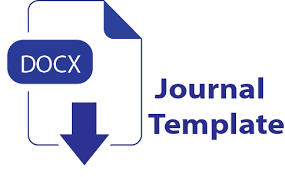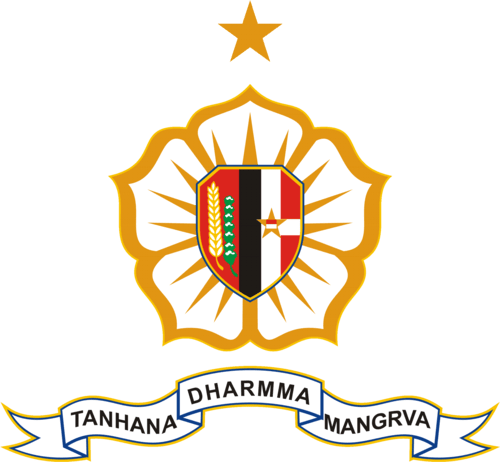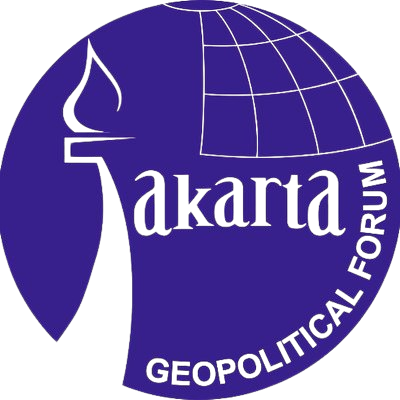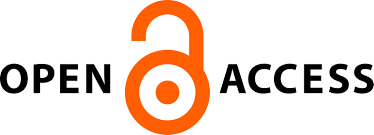MARITIME SECURITY COOPERATION CHALLENGES IN THE FUTURE
DOI:
https://doi.org/10.55960/jgf.v8i1.280Keywords:
cyber security, freedom of navigation, maritime conflict, UNCLOSAbstract
Abstract.
Maritime cooperation encompasses longstanding complexities alongside evolving opportunities, stemming from the intrinsic nature of the maritime commons governed by international law, particularly the United Nations Convention on the Law of the Sea (UNCLOS). Throughout history, states have engaged in collective efforts to maintain order at sea, combat piracy, suppress the slave trade, and enhance navigational safety. Despite enduring constraints in communication, limited resources, and geopolitical frictions, maritime security collaboration has experienced notable progress, particularly during periods of crisis. Wartime conditions alter the dynamics of inter-state cooperation, whereas peacetime arrangements often strengthen resilience and improve collective crisis responses. The 2004 Indian Ocean tsunami marked a pivotal shift in regional collaboration, particularly in disaster relief and maritime safety operations. Current maritime threats, including piracy, terrorism, organised crime, and sovereignty disputes in the South China Sea, require comprehensive multilateral mechanisms. ASEAN-led initiatives and frameworks developed by the Quad have contributed to closing coordination gaps, fostering transparency, and reinforcing adherence to a rules-based international system. The Wilmington Declaration by the Quad and ASEAN’s 2023 joint statement illustrate continued momentum in reinforcing regional maritime cooperation. Future challenges spanning maritime, space, and cyber domains necessitate sustained multilateral engagement to uphold regional security, advance human development, and reinforce shared resilience.
Downloads
References
1. Jin Y, Feng Y. Asia-Pacific maritime security cooperation: Challenges and opportunities. Mar Policy [Internet]. 2024;160:105942. Available from: https://www.sciencedirect.com/science/article/pii/S0308597X2300475X
2. Shrikhande SY. Jakarta Geopolitcal Forum VIII/2024. 2024 [cited 2025 Jul 27]. Maritime Security Cooperation Challenges in The Future. Available from: https://www.youtube.com/watch?v=gZZbI7yOXno
3. Jahn E. World Peace—Even Through War: The Role of the USA in Preserving Security in the International System. In: Jahn E, editor. War and Compromise Between Nations and States. Cham: Springer International Publishing; 2020. p. 61–78.
4. Gaillard JC, Clavé E, Kelman I. Wave of peace? Tsunami disaster diplomacy in Aceh, Indonesia. Geoforum. 2008;39(1):511–26.
5. Bateman S. Freedoms of Navigation in the AsiaPacific Region. Contemp Southeast Asia [Internet]. 2020;42(1):122–5. Available from: https://seapower.navy.gov.au/sites/default/files/2023-02/PIAMA22.pdf
6. Lim T, Myint J. US-ASEAN Business Council. 2024 [cited 2025 Jul 26]. p. 1 Opportunities and Challenges of the Wilmington Declaration. Available from: https://www.usasean.org/article/opportunities-and-challenges-wilmington-declaration
7. Krippendorff K. Content Analysis: An Introduction to Its Methodology [Internet]. SAGE Publications; 2018. 472 p. Available from: https://methods.sagepub.com/book/mono/content-analysis-4e/toc
8. Islam MS, Kieu E. Tackling Regional Climate Change Impacts and Food Security Issues: A Critical Analysis across ASEAN, PIF, and SAARC. Sustainability. 2020;12(3):833.
9. ASEAN Maritime Outlook [Internet]. Jakarta; 2023. Available from: https://asean.org/wp-content/uploads/2023/08/AMO-1.pdf
10. U.S. Mission Vietnam. Fact Sheet: 2024 Quad Leaders’ Summit [Internet]. 2024 [cited 2025 Jul 26]. p. 1. Available from: https://vn.usembassy.gov/fact-sheet-2024-quad-leaders-summit/
11. Verma SS, S A V. Understanding the Quad’s Climate Diplomacy in the Indo-Pacific Region. Millenn Asia. 2024;0(0).
12. Saini M. Colombo Security Conclave: Need for Transition towards Sustainable Energy Security. J United Serv Inst India [Internet]. 2023;153(633):452–62. Available from: https://usiofindia.org/publication-details.php?id=498
Downloads
Published
Conference Proceedings Volume
Section
License
Copyright (c) 2024 Author's

This work is licensed under a Creative Commons Attribution-ShareAlike 4.0 International License.











